TikTok says no more to deepfake content
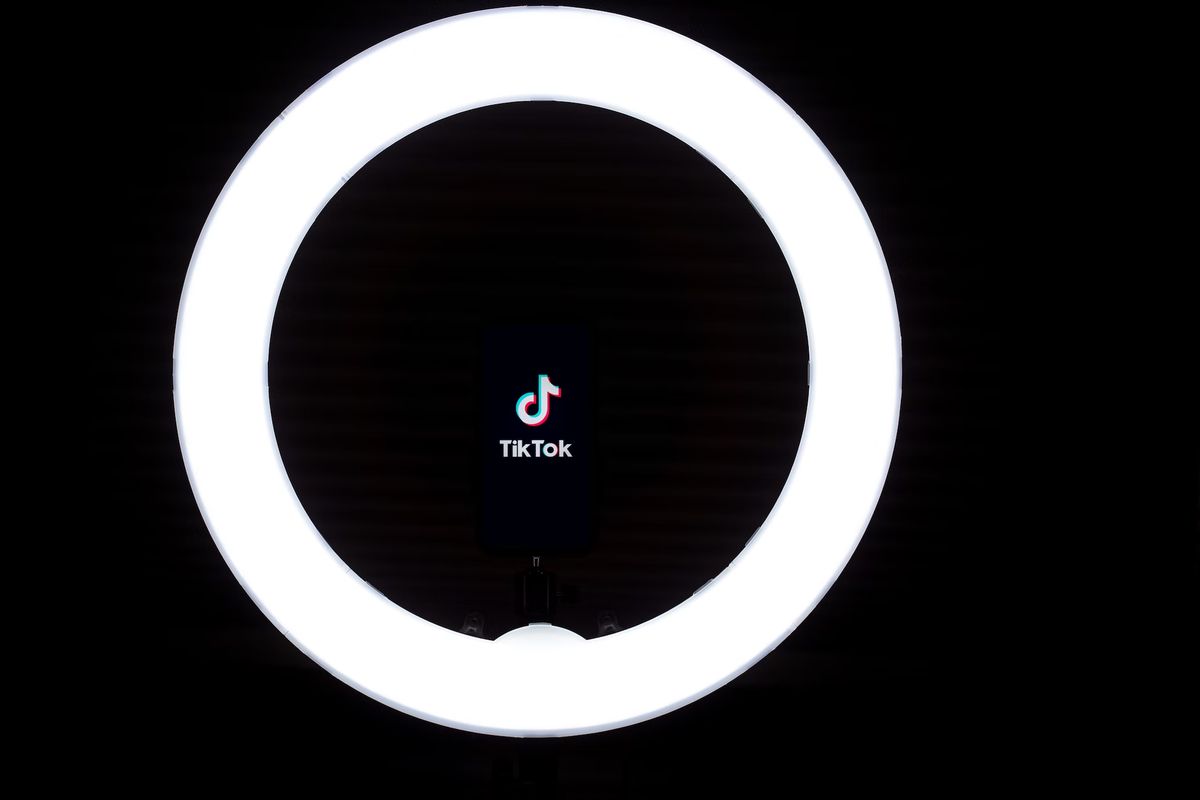
TikTok has updated its content moderation policies in response to growing concerns about the spread of AI-generated content on the platform. The new rules, which include stricter guidelines for deepfakes, aim to provide greater transparency and prevent the dissemination of misleading or harmful content. These changes come amid increasing political pressure on TikTok's parent company, ByteDance, over privacy concerns and potential foreign influence. As TikTok seeks to address these challenges, the platform's users can expect a safer and more regulated environment for their content.
TikTok's "Community Guidelines" remain unchanged for the most part, and prohibit graphic violence, hate speech, and overtly sexual content. The guidelines for sexual content are more nuanced and depend on the age of the subject involved. However, there is a newly expanded section that addresses the issue of synthetic and manipulated media, specifically targeting AI deepfakes. This move indicates TikTok's commitment to preventing the spread of false or misleading content on their platform.
Previously, TikTok's guidelines for deepfakes were limited to a single line that prohibited content that could "distort the truth of events" or "cause significant harm to the subject of the video." However, the company has now updated its policy to require that all realistic AI-generated and edited content be "clearly disclosed" as such. This disclosure can be made through either the video caption or an overlaid sticker.
TikTok's revised policy prohibits the use of synthetic media that features the likeness of any real private figure or depicts a public figure endorsing a product or violating the app's other policies, including its ban on hate speech. Public figures are defined as individuals who are 18 years of age or older and have "a significant public role, such as a government official, politician, business leader, or celebrity." This updated policy highlights TikTok's dedication to maintaining the integrity of its platform and ensuring that all content is transparent and truthful.
The rise of AI-generated content on TikTok
AI-generated content has surged in popularity on TikTok, largely due to the wider availability of AI voice cloning tools, which make it simple to replicate someone's voice. This has given rise to new subgenres of content, which frequently feature public figures such as President Joe Biden and former President Donald Trump in unexpected situations.
However, some AI-generated content is more harmful. In particular, many deepfakes feature these same public figures making transphobic or homophobic statements, and in some cases, these videos have been mistaken for authentic footage.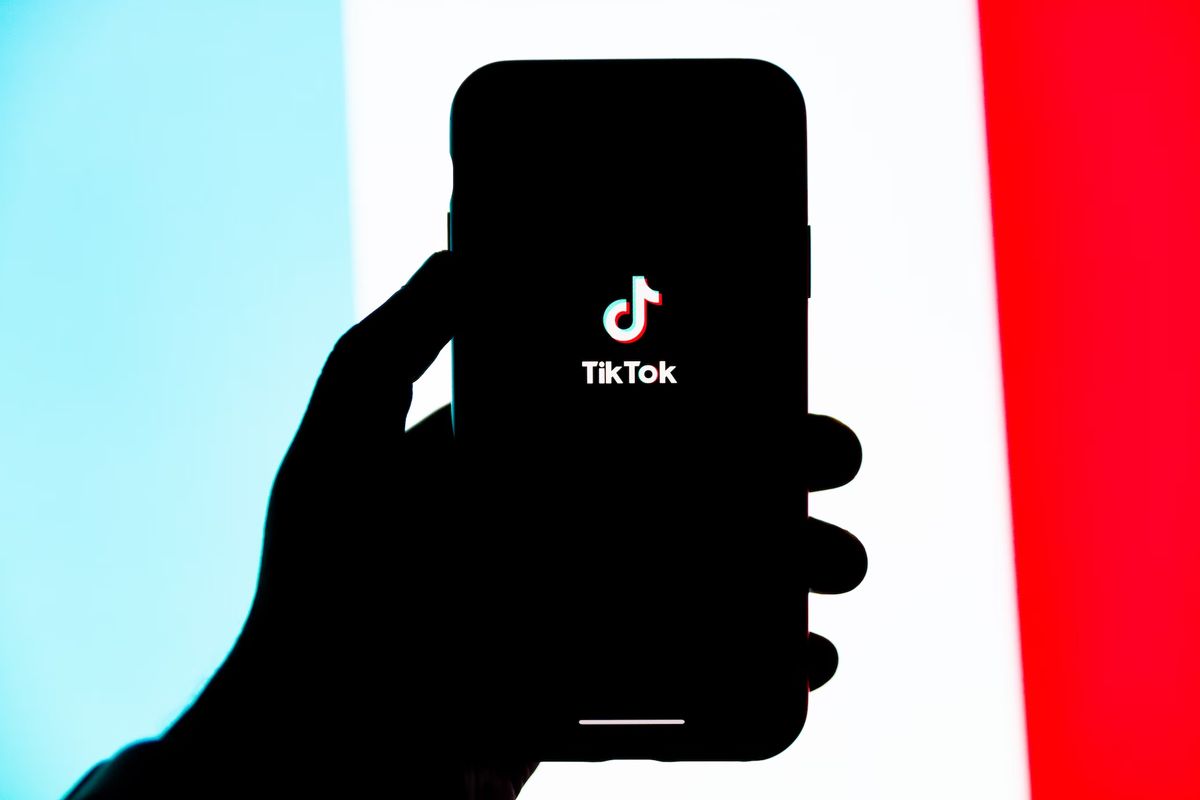
These developments underscore the importance of vigilant content moderation on social media platforms, as well as the need for users to exercise critical thinking and skepticism when consuming online content.
The recent update to TikTok's policies arrives at a time when parent company ByteDance faces growing political pressure from Western governments regarding concerns over the app's data collection practices and potential impact on public opinion. The US government has reportedly threatened a public ban on TikTok unless ByteDance divests its stake, and the app has already been prohibited on government devices in the US, UK, New Zealand, and Canada.
While TikTok does not directly address these threats in its updated policies, the company aims to provide "much more transparency about our rules and how we enforce them." Additionally, TikTok is publishing a list of eight "Community Principles" that it claims "shape our day-to-day work and guide how we approach difficult enforcement decisions."
It is noteworthy that the first two principles are "prevent harm" and "enable free expression," which underscores TikTok's commitment to providing a safe and open platform for its users. Meta also changed its user policy recently.
Advertisement
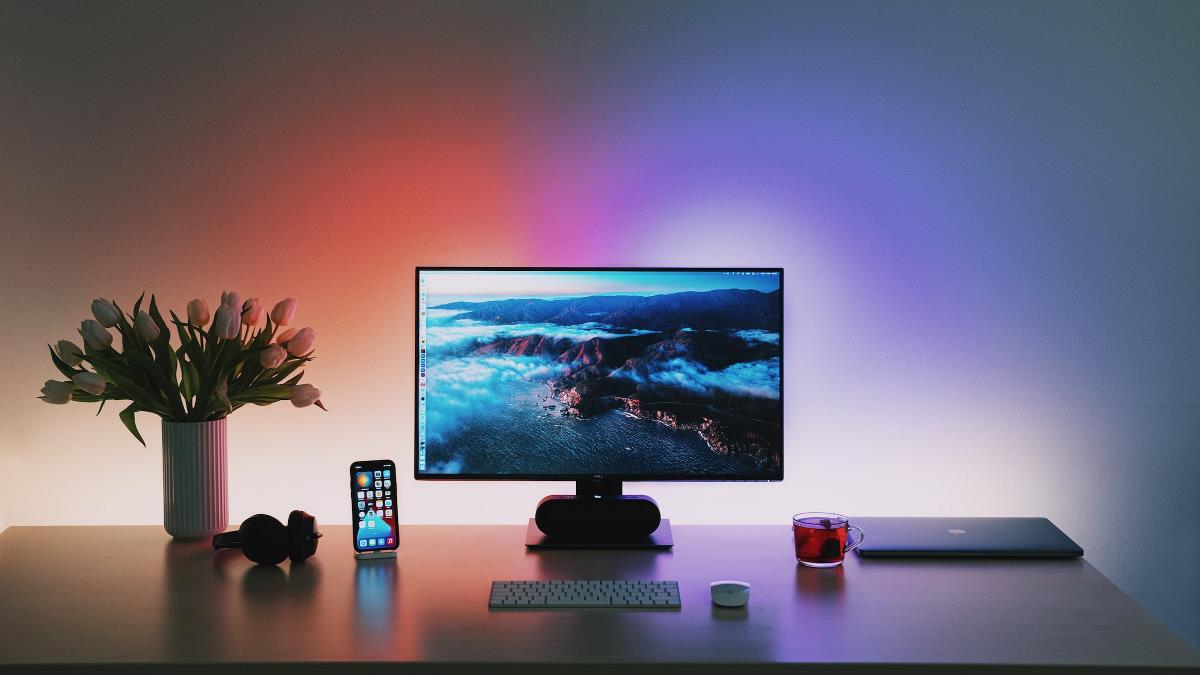

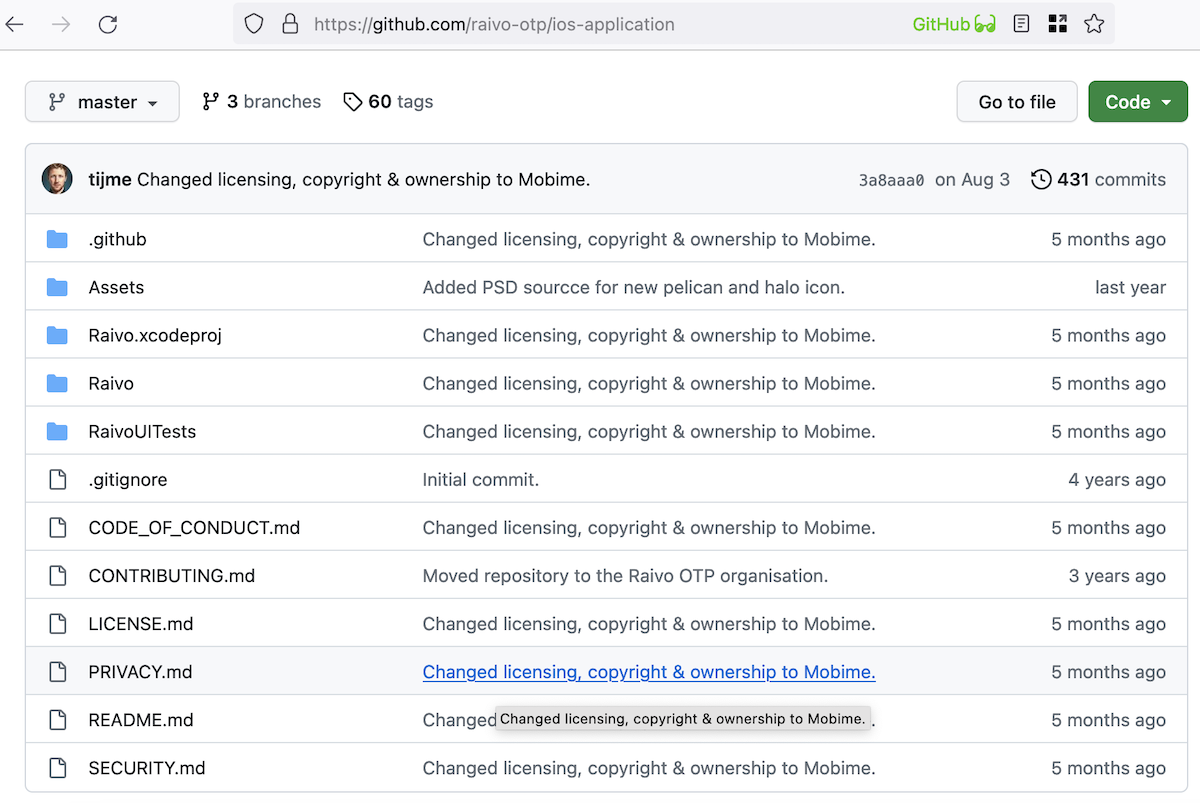






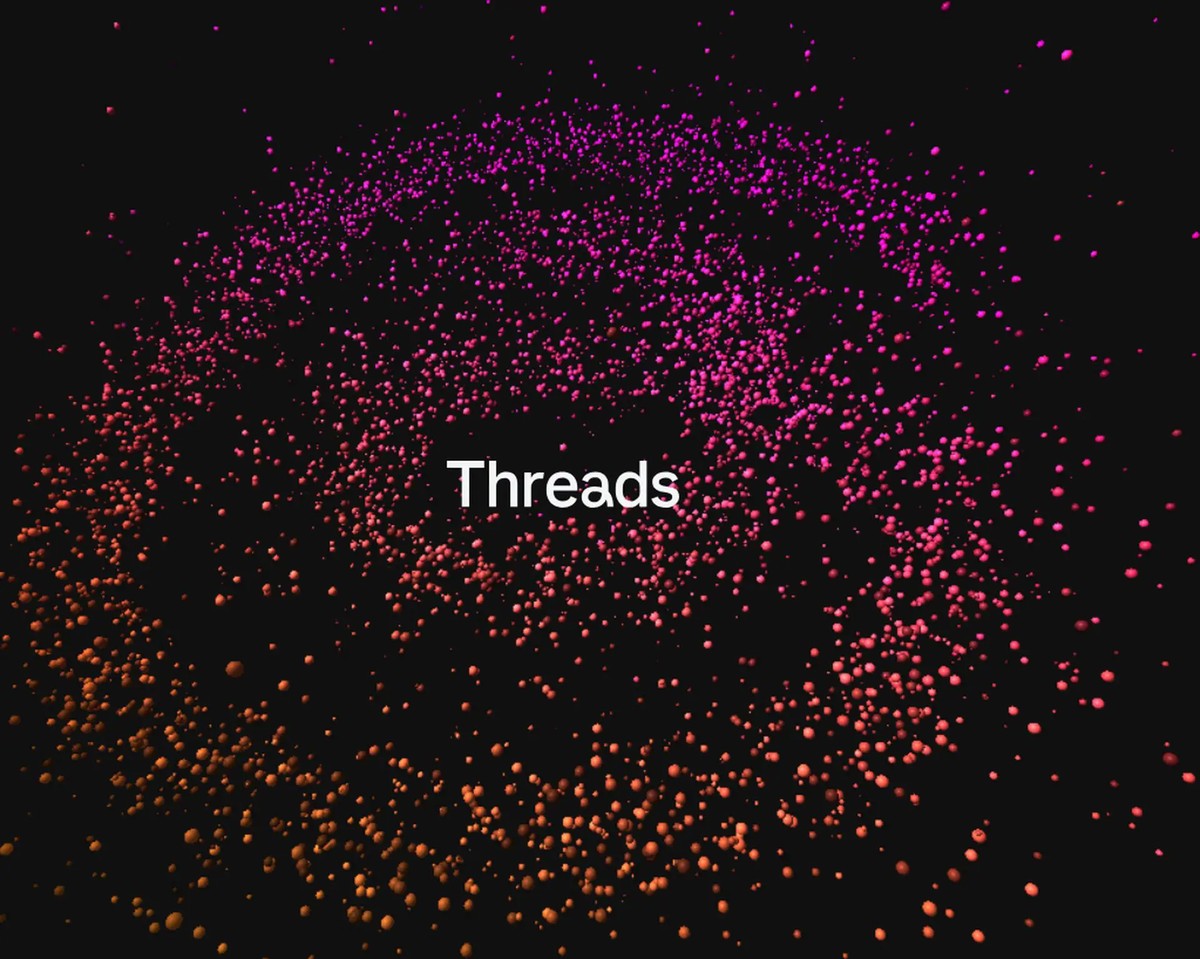










Will do they allow videos about Tiananmen Square 1989’s events?
Ok, I have understood pretty well, I just will shut up! :D